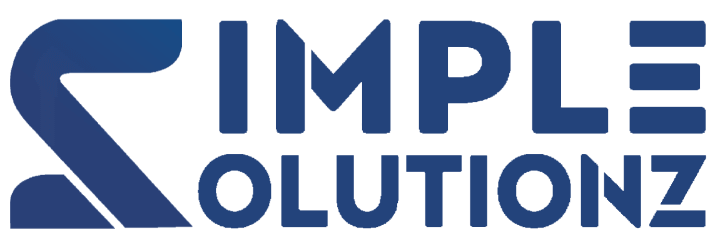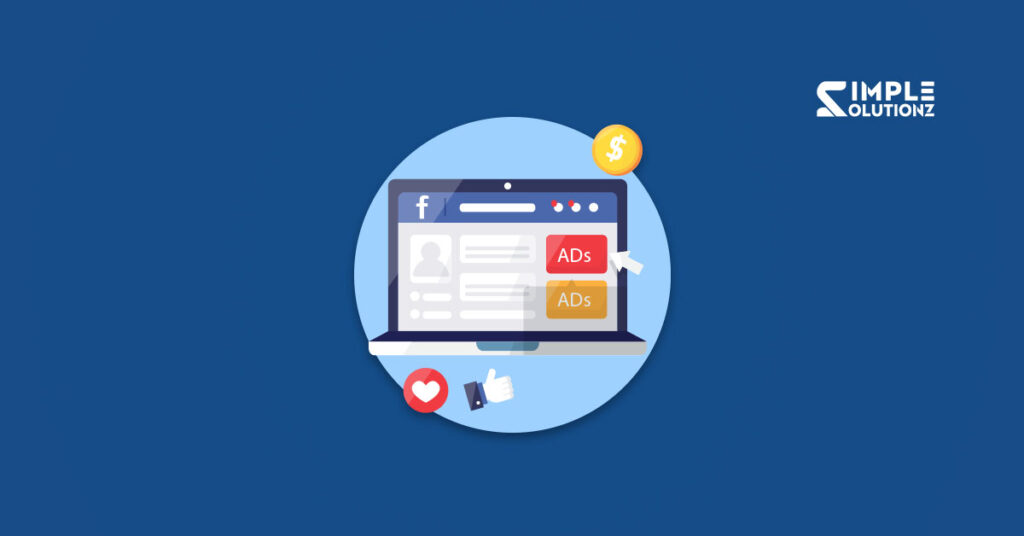We all know that Facebook advertising is a proven approach to building brand awareness and attracting new customers. How much should you spend on Facebook advertising? How much does it cost? Let’s learn and update your marketing budget with the latest industry benchmark for Facebook Ad cost in 2024.
Contents
- Factors That Influence Facebook Advertising Costs
- How Facebook’s Ad Bidding System Works
- Average Costs of Facebook Ads in 2024
- Facebook Ads Pricing by Industry in 2024
- How to Control Your Facebook Ad Costs
- Maximizing ROI on Facebook Ads in 2024
- Facebook Ads vs. Other Platforms
- Stand Your Business Through Facebook Advertising
Factors That Influence Facebook Advertising Costs
Several variables determine how much businesses pay for Facebook ads.
Ad Objective
Facebook offers multiple objectives for your ad campaigns, such as brand awareness, traffic, lead generation, conversions, and app installs. Ads with conversions or lead generation are more expensive than those focused on brand awareness because they drive valuable actions from users.
Audience Targeting
Targeting plays a major role in cost. Expect higher costs due to increased competition if you want to reach a highly specific audience (for example, a small niche based on interests, behaviors, or demographics). On the other hand, broader audiences tend to be cheaper but may not always yield the best results in terms of conversions.
Ad Placement
Facebook ads can appear in various places across the Facebook ecosystem, including the News Feed, Instagram, Messenger, and Facebook’s Audience Network. Costs differ depending on the placement. For example, ads in Instagram Stories or Messenger tend to be pricier than those in the Facebook Feed.
Ad Format
The format of your ad—whether it’s a carousel, image, video, or slideshow—affects pricing. Video ads tend to engage users more and can lead to higher competition, driving up the cost compared to static image ads.
Bidding Strategy
Facebook allows you to choose between automatic and manual bidding. In automatic bidding, Facebook optimizes your bids to get the best results within your budget. Manual bidding gives you more control but requires careful monitoring to avoid overspending.
Geography
The cost of advertising varies by region. Ads targeting users in countries like the United States, the United Kingdom, or Australia are more expensive than those targeting users in developing countries. Geography plays a significant role in setting your ad budget.
Seasonality
Costs can fluctuate throughout the year, during high-demand periods such as Black Friday, Cyber Monday, or the holiday season. Businesses increase ad spending during these times, resulting in heightened competition and higher costs.
How Facebook’s Ad Bidding System Works
Facebook’s ad bidding system operates like an auction. Advertisers compete for ad placements, and Facebook uses an algorithm to identify which ads are shown to which audiences. Your ad’s performance in the auction depends on two key factors: the value of your bid and your ad’s relevance.
There are three primary cost metrics you should be aware of:
Cost Per Click (CPC): You pay each time someone clicks on your ad.
Cost Per Thousand Impressions (CPM): The price to show your ad 1,000 times.
Cost Per Action (CPA): The cost for a specific action, such as a conversion, lead, or purchase.
Advertisers set a daily or lifetime budget for their campaigns and adjust their bids for better control over costs.
Average Costs of Facebook Ads in 2024
Facebook ad costs vary significantly, depending on industry, audience, and campaign goals. Here are some average costs for 2024:
Cost Per Click (CPC): The average CPC on Facebook in 2024 is around $0.94. However, depending on the industry and audience targeting, it can range from as low as $0.40 to over $3.00.
Cost Per Thousand Impressions (CPM): The average CPM ranges between $12 and $18. During high-demand periods, like the holiday season, CPMs can rise above $20.
Cost Per Action (CPA): The average CPA varies significantly across industries. For example, e-commerce campaigns see CPAs of $10 to $15, while service-based businesses may see more than $25.
These metrics have seen slight increases over the past few years due to growing competition on the platform.
Facebook Ads Pricing by Industry in 2024
Different industries face varying competition on Facebook, affecting ad costs.
| Industry | Average CPC | Average CPM |
| E-commerce | $1.00 – $1.50 | $12 – $16 |
| Healthcare | $1.50 – $2.50 | $15 – $18 |
| Real Estate | $0.70 – $1.20 | $10 – $13 |
| Education | $0.40 – $0.80 | $8 – $12 |
| Retail | $0.70 – $1.30 | $10 – $15 |
| Finance | $2.50 – $3.00 | $18 – $22 |
| Travel & Tourism | $1.00 – $1.80 | $14 – $19 |
How to Control Your Facebook Ad Costs
You can manage your expenses effectively. Here are some ways to control your ad costs:
Ad Testing (A/B Testing)
Testing different ad variations is key to finding what resonates best with your audience. By experimenting with different images, videos, copy, and audience segments, you can optimize your ads for cost-efficiency.
Ad Quality and Relevance
Facebook rewards ads that are relevant to users with lower costs. High-quality creatives and targeting can lead to better engagement, improving your relevance score and reducing your CPC.
Refined Audience Targeting
Instead of targeting large, general audiences, focus on smaller, more relevant segments. A well-defined audience may cost more per click but will result in higher conversion rates, making it more cost-effective.
Frequency Capping
Limit how your ads are shown to the same people to avoid “ad fatigue,” which can lead to higher costs. A frequency cap ensures your audience doesn’t see your ad too often, helping maintain engagement.
Maximizing ROI on Facebook Ads in 2024
Any Facebook ad campaign aims to maximize return on investment (ROI). Here are some tips to ensure you’re getting the most out of your ad spend:
- Ensure your ad objectives align with your overall business goals. Whether you aim to increase brand awareness, generate leads, or drive conversions, your ad strategy should reflect your business needs.
- Remarketing to users already engaged with your website or app can lower costs and higher conversion rates. Use Facebook Pixel to track user activity and retarget visitors.
- Dynamic product ads allow you to automatically show relevant products from your catalog to users who have previously expressed interest.
Facebook Ads vs. Other Platforms
Facebook remains one of the most popular advertising platforms, so comparing its costs with other platforms is essential to making informed decisions. However, Google Ads may be more expensive for keywords with high search volumes but can offer better returns for search-based campaigns. Similarly, TikTok Ads or Instagram Ads have a different cost structure, but their engagement rates may vary based on your target audience.
Stand Your Business Through Facebook Advertising
Facebook advertising remains a highly effective tool for businesses in 2024. While costs have increased slightly due to competition, they are manageable with the right strategies. Understanding the factors influencing ad costs allows you to create more efficient campaigns that maximize ROI. With the right approach, you can ensure that Facebook remains a powerful part of your social media marketing in Virginia and an essential element of your digital marketing strategy in 2024.

